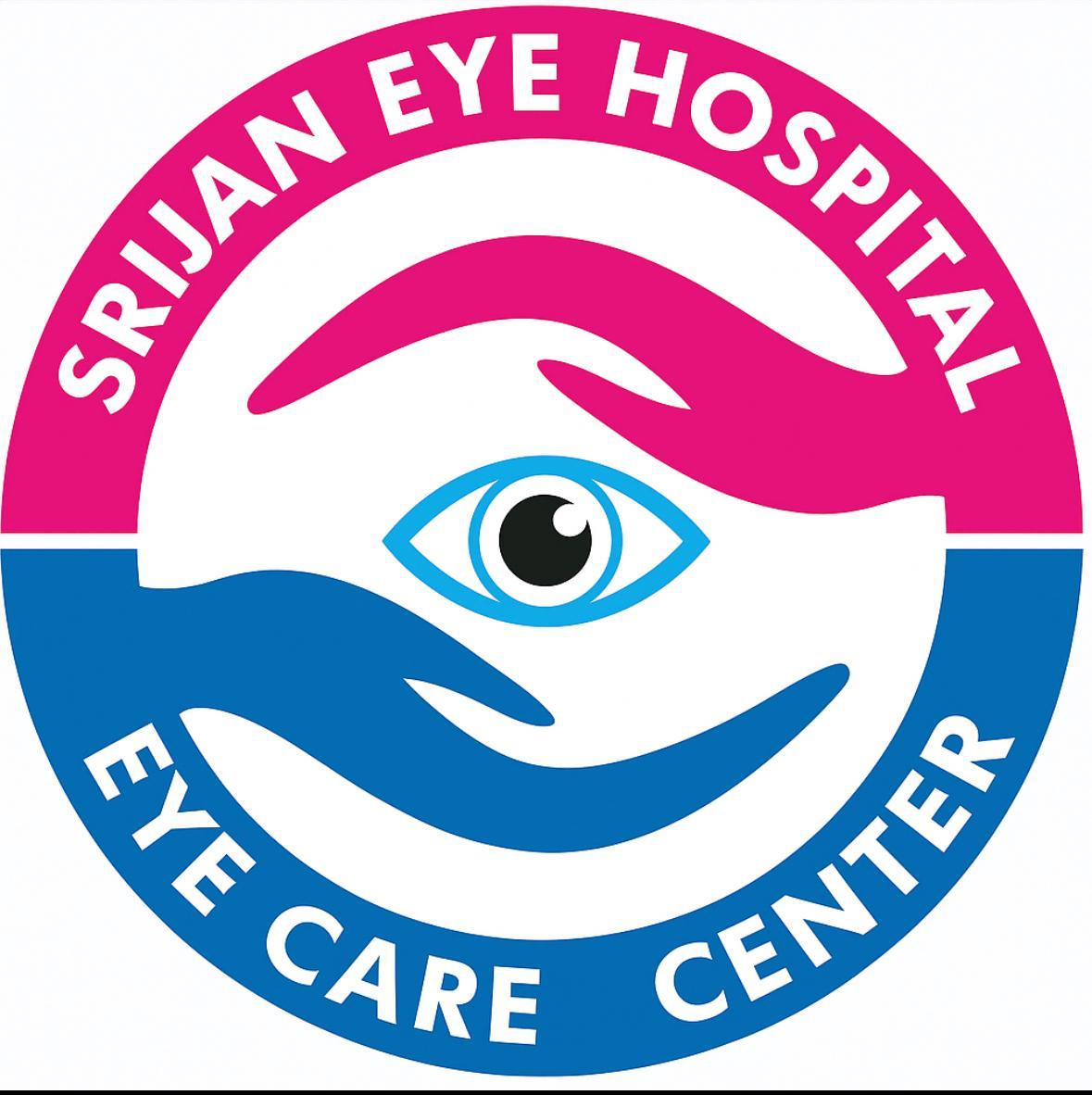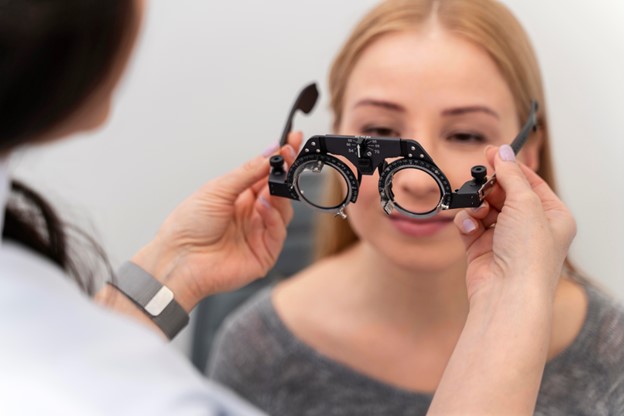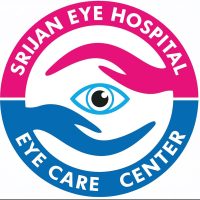Refractive errors in children require special consideration due to their developing visual system and unique needs. Early detection and intervention are crucial for preventing vision-related issues that can affect a child’s learning and development. Regular eye exams should be conducted to monitor vision and address any refractive errors promptly.
Managing refractive errors in older adults presents its own set of challenges. As individuals age, they may experience age-related changes in vision, such as presbyopia, which necessitate adjustments in treatment approaches. Multifocal lenses, progressive lenses, and monovision correction are commonly used strategies to address near and distance vision needs in older adults, helping to maintain independence and quality of life.
Despite the benefits of refractive surgery, it’s essential to acknowledge that these procedures are not without risks. Complications and side effects such as dry eye syndrome, halos, glare, and undercorrections or overcorrections may occur, albeit infrequently. Patients considering refractive surgery should thoroughly discuss these potential risks with their surgeon and carefully weigh them against the anticipated benefits.
In addition to corrective lenses and surgery, certain lifestyle modifications can help manage refractive errors and promote overall eye health. Practicing good eye hygiene, maintaining a balanced diet rich in vitamins and minerals, staying hydrated, and protecting the eyes from UV exposure are all important considerations for individuals with refractive errors.
The cost of refractive correction varies depending on the treatment option chosen and other factors such as geographic location and provider experience. While some insurance plans may cover part or all of the cost of refractive surgery, coverage for corrective lenses may vary. Patients should consult with their insurance provider to understand their coverage options and budget accordingly.
Looking ahead, the future of refractive correction holds promise for advancements in personalized treatments, regenerative therapies, and non-invasive approaches to vision correction. Researchers continue to explore innovative techniques and technologies to improve outcomes and expand treatment options for individuals with refractive errors, offering hope for a brighter future in vision correction.
In conclusion, managing refractive errors requires a comprehensive approach that considers the unique needs and circumstances of each individual. From special considerations for children and older adults to addressing complications and embracing lifestyle modifications, effective refractive correction involves a multidisciplinary approach that prioritizes patient safety, satisfaction, and long-term visual health.




